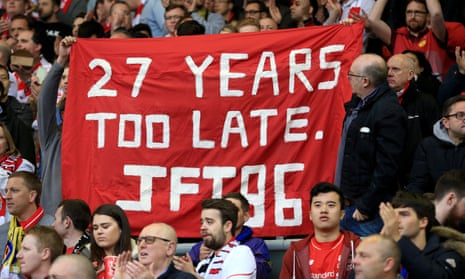The right to a fair trial is a linchpin of the rule of law and a free and democratic society. So it is right that the collapse of two rape prosecutions in recent days, both due to police failure to disclose relevant material to the defence, has cast a fresh spotlight on whether that right is under jeopardy.
The obligation of police and prosecutors to disclose unused material that might support the defence case is critical to ensuring a fair trial. Indeed, a failure to disclose relevant information to the defence team is one of the most common causes of miscarriages of justice. In the cases of Liam Allen and Isaac Itiary, both accused of rape, the Met police failed to hand over relevant text messages to defence lawyers in a timely fashion. When this finally happened, both cases were dropped, but not before Itiary had spent four months in jail awaiting trial and Allan two years on bail. The attorney general rightly labelled this an “appalling failure” of the criminal justice system.
Quick GuideThe Observer
Show
The Observer is the world's oldest Sunday newspaper, founded in 1791. It is published by Guardian News & Media and is editorially independent.
There are competing narratives about what lies behind this. Some hold up these cases as a sign that the pendulum has now swung the other way in a police force once notorious for its failures to take rape allegations seriously. Angela Rafferty QC, the chair of the Criminal Bar Association, has suggested that “unconscious bias” against those accused of rape is holding the police back from properly scrutinising complaints in sexual offence cases.
But it is irresponsible to imply police failures in disclosure are a problem specific to rape prosecutions. In July, a joint report on disclosure by the police and prosecution service inspectorates raised concerns about disclosure practices within the police and CPS across all types of cases. To cast this as a problem about rape plays into the myth that false and malicious rape allegations are rife and that the criminal justice system is loaded against accused rapists. Evidence suggests false allegations of rape are rare and there remain other, bigger problems in the way in which rape allegations are investigated and prosecuted, including the lack of specialist support for women reporting rape.
Others have argued this is about austerity: police and CPS budgets have been cut significantly since 2010 and the number of police officers has declined by more than 20,000 even as recorded crime has increased. Not only that, the government has instituted massive cuts to legal aid.
There is no question that our criminal justice system is becoming more and more stretched. The result is that access to justice is impeded for growing numbers of people.
But the story does not start and end with government cuts. Rules around disclosure were first introduced in the 1990s after a series of high-profile miscarriages of justice, such as the wrongful convictions of the Birmingham Six. Twenty years later, the amount of data involved in criminal cases has ballooned, thanks to the proliferation of computers, tablets and mobile phones.
This makes the investigation and prosecution of criminal offences far more complex and time-consuming than ever, while the massive volume of data confronting the police in all sorts of cases makes meeting their obligations on disclosure increasingly difficult. The implications of this accelerating burden on the criminal justice system have never been properly debated; rather, they have been shoved into the “too difficult” box.
Police cultures also impede disclosure. The role of the police is to act as an impartial investigator; it is the CPS whose job it is to prosecute a case. But the nature of police work means detectives and officers have to develop theories about their cases. Some officers may wilfully conceal evidence that undermines the case they have constructed. But basic human psychology – none of us much likes to be proved wrong – means that many more may be blinkered by unconscious bias that draws them away from evidence that undermines their case theory. This has led some to question whether it is right to leave disclosure decisions to the police. At the very least, the police need proper training, but it has been found to be inadequate across the majority of police forces.
The police wield immense power over our lives. From Hillsborough to Stephen Lawrence, the Birmingham Six to child sex abuse in Rotherham: the past tells us that when they are not adequately held accountable for that power, the result can be deep injustices of the very worst kind.
Accountability has increased significantly in the past 20 years, with the establishment of the Independent Police Complaints Commission and independent inspectorate. But police failings on disclosure have been swept under the carpet for too long, even as they are further aggravated by austerity and the sheer volume of data in the modern world. If we continue to ignore them, we will pay the ultimate price: the guarantee of a fair trial.
